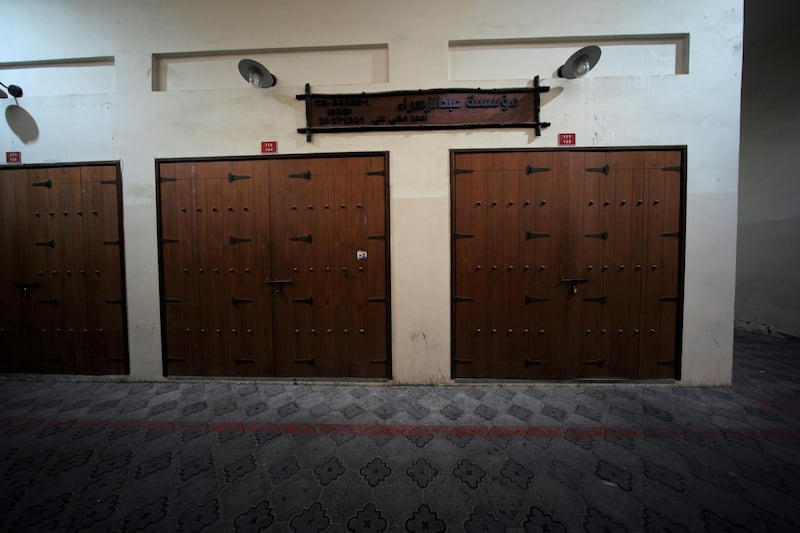Bahraini authorities will require people under quarantine to wear electronic bracelets to ensure they comply with the measures to control the spread of coronavirus.
Every person confined to their home or to government quarantine centres will have to wear the device, Mohammad Ali, head of electronic government, told the Bahraini News Agency at the weekend.
Bahrain school teachers makes medical visors to fight Covid-19

Mr Ali said the first batch of the bracelets was ready but did not say when measure will be applied.
People fitted with the bracelets should not stray more than 15 metres away from their mobile phone, he said.
While people's movements can be tracked through their phones, the new measure prevents quarantine violators from escaping detection by leaving their phones at home or in the quarantine centre when they go out.
Mr Ali said the bracelets would be linked to the wearer's phone through Bahrain's Covid-19 contact tracing app, BeAware.
People who break quarantine face either a minimum of three months in jail, a fine ranging from 1,000 Bahraini dinars (Dh9,767) to 10,000 dinars, or a combination of both, he said.
Even with the tags, people could still be asked at random to send selfies to prove they had not left their quarantine areas, he said.
Bahrain, like other Gulf states, has introduced strict measures to minimise the impact of the coronavirus pandemic in their countries. Bahrain has reported 698 cases and four deaths from the coronavirus so far.
The death toll in Saudi Arabia reached 34 with five more fatalities reported on Sunday. The Saudi health ministry said the number of cases had risen to 2,385.
Saudi authorities also announced a repatriation programme for citizens stuck abroad because of the coronavirus.
The Foreign Ministry said Saudis who wanted to return home could register on its website until April 8.
Priority will be given to those "most affected" by the coronavirus pandemic, the elderly, and pregnant women, the ministry said.
Returnees will be placed under a 14-day quarantine upon their return, the ministry said.
In Kuwait, which reported its first death from the coronavirus on Saturday, authorities reported 77 new cases on Sunday.
The health ministry said the total cases in Kuwait had reached 556, with 17 patients in intensive care.







